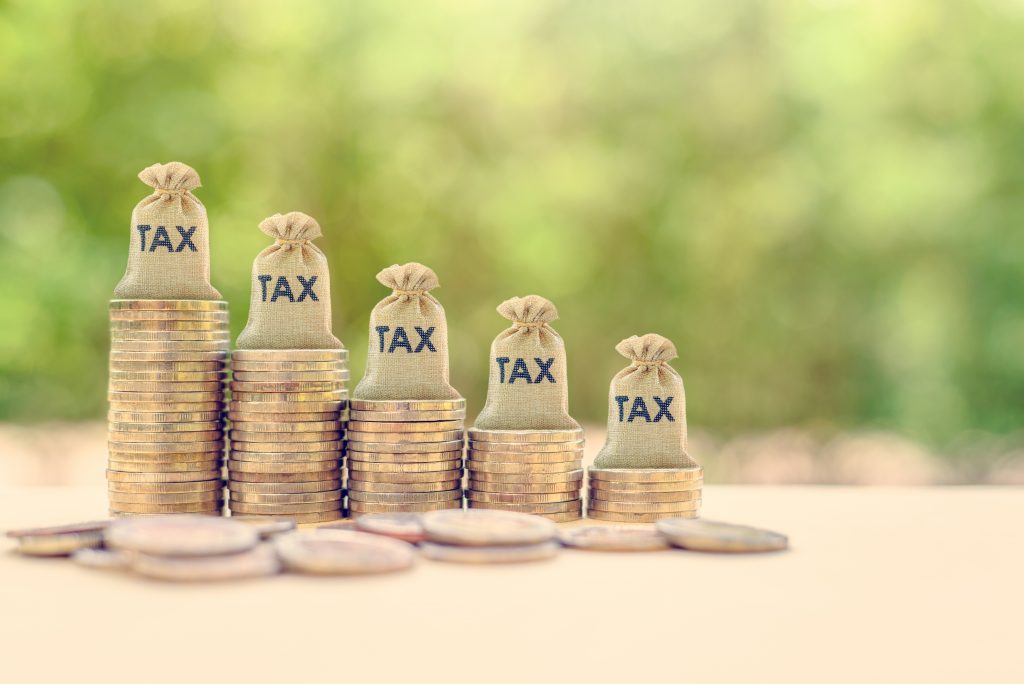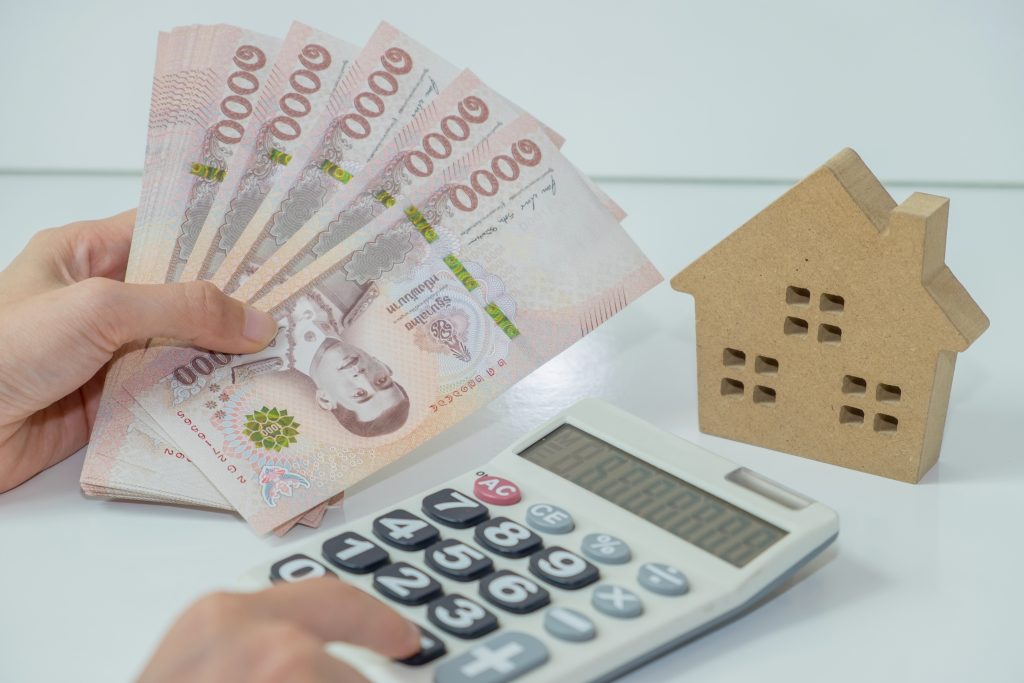
Global Properties

A growing number of expats are choosing Thailand for longer stays, whether for business, as a retirement home, or for different purposes.
The best choice is to have a professional do your tax calculations, thus avoiding errors and hefty fines.
However, it would be great to know the basics of taxation for foreigners in Thailand.

An expat living in Thailand gets an automatic extension to file taxes until June 15th of the following “calendar year” (One may not file using the calendar year as it is the standard in Thailand for foreign tax purposes).
Taxes must be paid by 15th of April though extensions can be obtained until the 15th of October.
You are required to file tax forms if you are a foreigner in Thailand and have:
Failure to comply incurs fines of $10,000 or more irrespective of your income tax.

Besides that, the expatriate 'Foreign Earned Income Exclusion' can be availed by a taxpayer only if they punctually and rightly file their returns.
Some countries also allow for the reclamation of taxes paid in Thailand from their own annual return.
Read more: 3 Options Foreigners can Consider to Buy a House in Thailand
Thailand Individual Income Tax Rates:
Personal Income (PI) Tax
(rates can cumulate to 35%.)
| Taxable Income (Baht) | Tax Rate |
| 0 - 150,000 | Exempt |
| 150,001 - 300,000 | 5% |
| 300,001 - 500,000 | 10% |
| 500,001 - 750,000 | 15% |
| 750,001 - 1,000,000 | 20% |
| 1,000,001 - 2,000,000 | 25% |
| 2,000,001 - 5,000,000 | 30% |
| 5,000,001 and over | 35% |
Source: Asean Tax in Thailand
Expatriate employees of regional operating headquarters avail a flat PI tax rate of 15% for the first 4 years.
| Criteria | Description |
| Basis | Expats are taxed on their Thai-source income only. |
| Eligibility | If s/he resides in Thailand for more than 180 days in a calendar year. |
| Tax Filing status | A married couple can have a joint or separate return on employment. If the spouse obtains income passively, it must be declared in their partner's return even if they file separately. |
| Taxable income | These are generally are taxed under PI:
Dividends and interest are taxed at source at rates of 10% and 15%, respectively. A person may choose not to report the investment income on their personal income tax return in that tax year. |
| Capital gains (CG) tax | Capital gains from shares of a Thai stock exchange-registered public company are exempt. Or else, they are subject to usual PI taxation. |
| Tax Deductions and Allowances | Deductions are granted for:
Personal allowances are available for the taxpayer, their spouse, children and parents. *Subject to terms and conditions. |
| Taxes | Description |
| Stamp duty | Stamp duty generally applies at a rate of 0.1% to leases, the hire of work, the transfer of shares/debentures, loans (capped at THB 10,000). |
| Real property tax | A tax of 12.5% is subject on the evaluated rental value of property. |
| Social security contributions | Employees must contribute 5% of their monthly compensation (up to THB 15,000). |
| Tax year | PI tax year is the calendar year. |
| Tax Filing and payment | Tax on employment income is done directly by the employer monthly and remitted to the tax authorities. The individual is responsible for filing an annual personal income tax return before 31 March of the following year and must pay any additional taxes due by then. |
| Penalties | A monthly surcharge of 1.5% applies to underpayments of tax for the amount that was due, and a penalty of up to 100% of tax applies after assessment. |
Individual taxation and corporate taxation vary from each other, and are both best evaluated professionally.
Seeking professional help for your property taxes in Thailand or curious to know more about property there?
Drop us your details below and we will reach out to you soon!